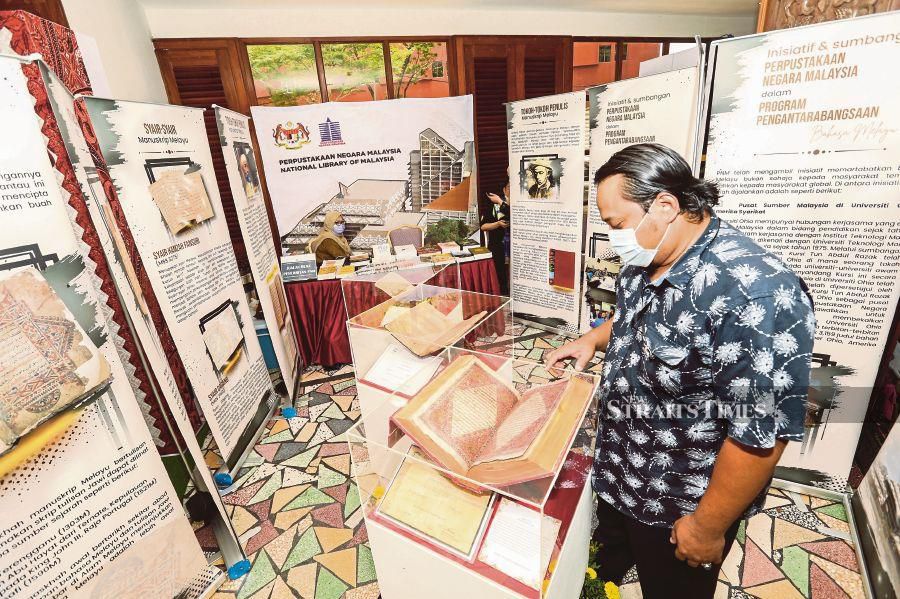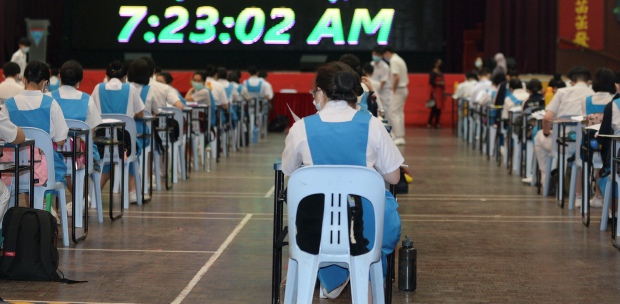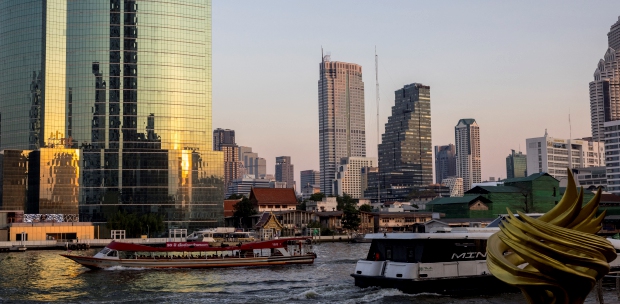THE beauty of Bahasa Melayu lies within its countless elements of advice, politeness, gentleness and decency in every word and sentence, such as in syair and pantun.
Even more meaningful was when our pantun heritage received recognition from the United Nations Educational, Scientific and Cultural Organisation, together with Indonesia.
Bahasa Melayu has undergone an evolutionary process, particularly with regard to its functions.
Initially, it was adopted as the language of communication between natives and traders until it was recognised as a lingua franca.
In Malaysia, the position is further strengthened through Article 152 of the Constitution, as the national language for official means, later developed into the language of public service, law, education, economics and technology as well as diplomacy.
The use of Bahasa Melayu in diplomatic relations is not a new practice.
Historical manuscripts show the use of Malay written in Jawi in the letters sent to heads of state by Malay rulers. They include the letter of Sultan of Terengganu, Sultan Mansur Riayat Shah, to Francis Light regarding the Siamese threats in 1787.
This tradition has slowly been restored when leaders started to deliver speeches in Malay at regional and international meetings, as well as sending letters to foreign leaders in Malay with English translations.
Of course, the aspiration to expand the use of Bahasa Melayu at the Asean and international levels has its own challenges.
When this language was the lingua franca hundreds of years ago, Melaka was an economic powerhouse. Traders had to learn Bahasa Melayu for trading.
In a more modern setting, Japan and France adopt their mother tongues in wide-ranging aspects, including education and diplomacy, and accepted globally due to their economic and technological developments.
In this regard, some say Malaysia should first focus on developing the country as an Asian Tiger again, before emphasising on upholding Bahasa Melayu in the eyes of the world.
While the questions are valid, how can a country develop without the advancement of language? From one perspective, efforts to uphold Bahasa Melayu should be continued for the sake of building Malaysia's identity as it has the potential to make its cultural richness a tool of diplomacy and subsequently form a strong national identity, like Japan, France, South Korea, Turkey and Indonesia.
The most recent Malay Language Internationalisation Symposium brought together Bahasa Melayu experts from around the world to contribute ideas to internationalising the language.
Bahasa Melayu not only refers to the one spoken in Malaysia, but also in Indonesia, southern Thailand, Brunei and Singapore.
While the question of Malay cultural ownership is a complex one, even so, the space for agreement to achieve this aspiration is wide open, especially when we all share many commonalities in history and culture.
Those very facts make us brothers and sisters. So shouldn't siblings help one another?
The use of Bahasa Melayu can be strengthened at the public service level through the position of Munsyi Muda Bahasa (Malay language guru) as a focal point in every government agency, especially for the foreign sector.
Rebranding of names and websites that now use English acronyms could also be considered, such as the Ministry of Defence (Mindef to Ketahanan), Ministry of Agriculture and Food Industries (Mafi to Prima) and the Prime Minister's Office (PMO to Wisma Perdana).
A golden mean can be established by highlighting the idea that language skills are not limited to just one language.
English must be given recognition and its role maintained in tourism, trade and diplomacy.
This is especially so when Malaysia is ranked 22nd globally in English proficiency as well as the third best in Asean after Singapore and the Philippines.
Ultimately, the formula to finding the golden mean is like Aristotle once said: find a moderate position between those two extremes, and you will be acting morally.
The writer is assistant director at Centre for Political Studies and Economic Diplomacy, Institute of Diplomacy and Foreign Relations





